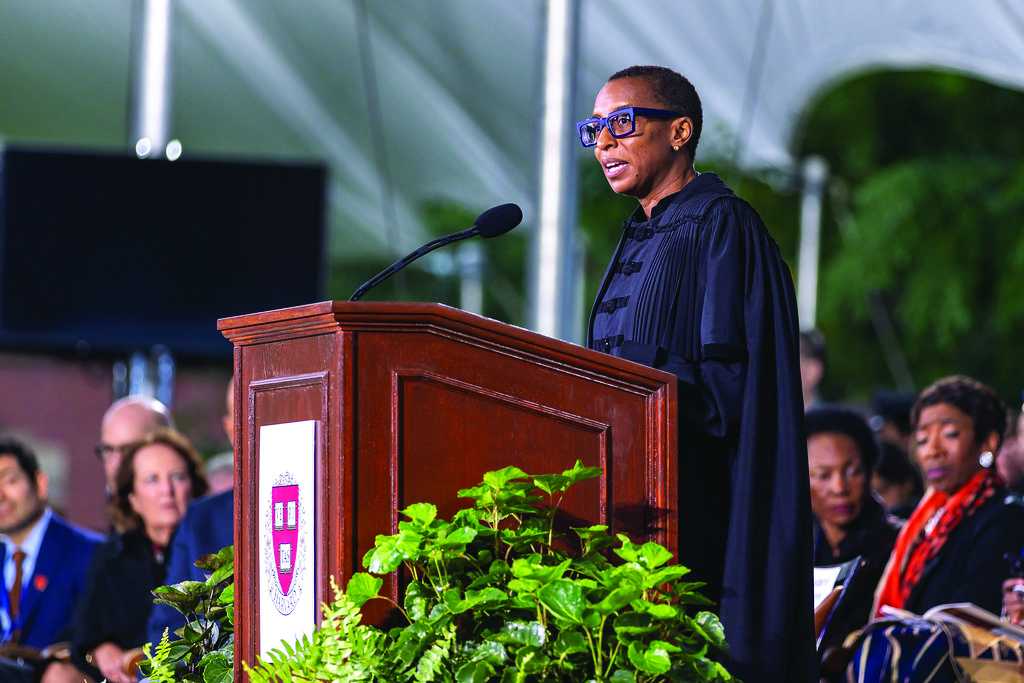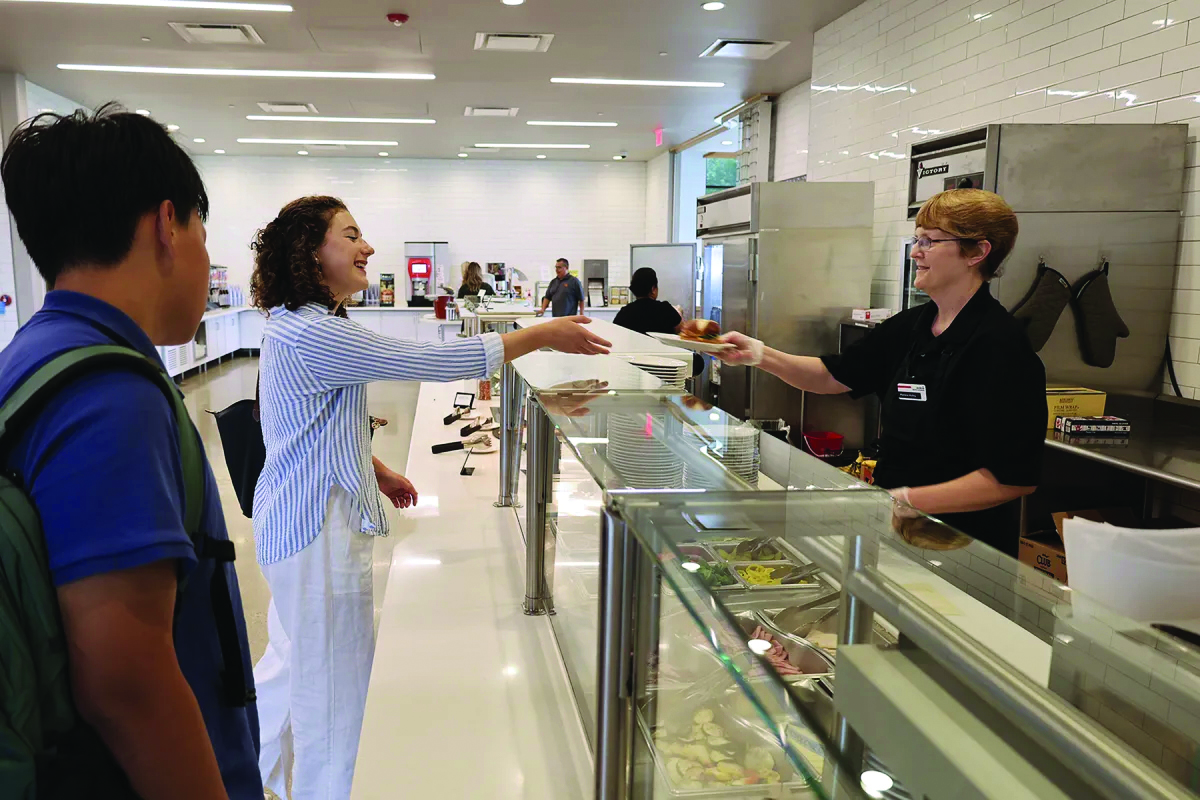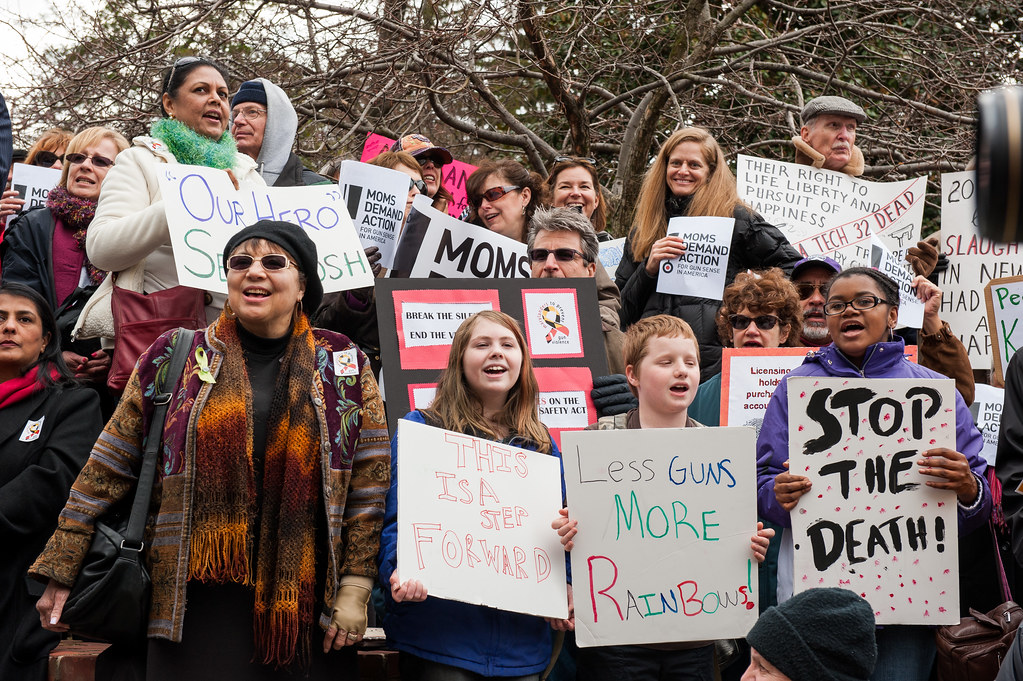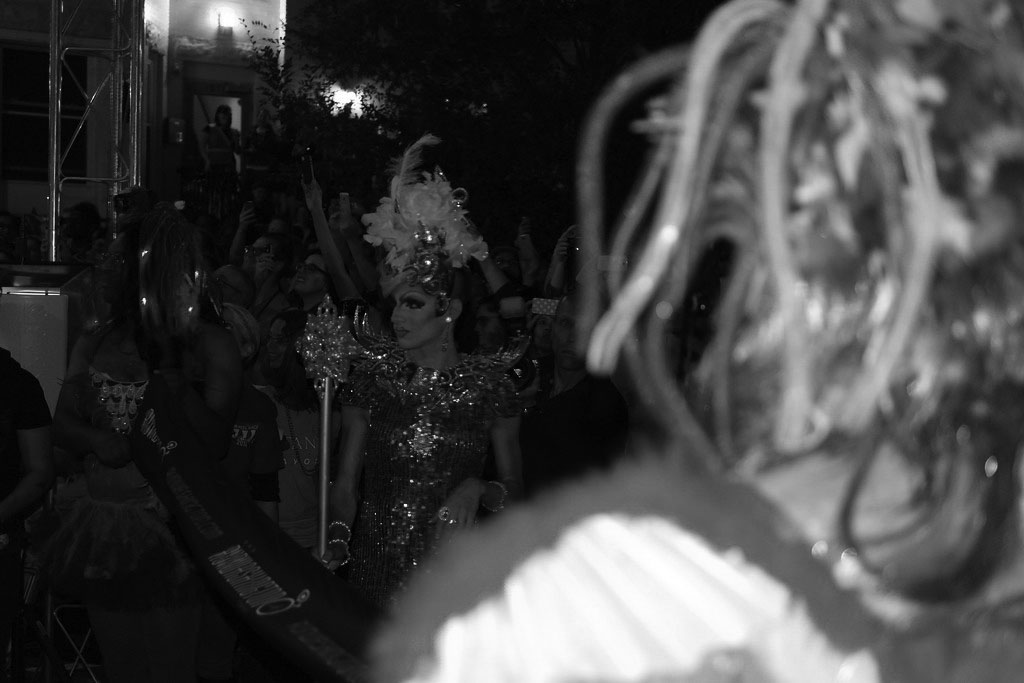On Tuesday, January 2nd 2024, Harvard president Claudine Gay announced her resignation, ending her 5-month term since her induction in July of 2023. The first Black president of Harvard University, Gay studied American political behavior and had previously served as a faculty member at Stanford before returning to Harvard, serving as both the Dean of Social Sciences and eventually the Dean of Faculty of Arts and Sciences. One month before Gay’s resignation, she – alongside MIT President Sally Kombluth and Liz Magill of University of Pennsylvania – testified before Congress in regards to the rampant antisemitism on college campuses following Hamas’ brutal attack on Israel.
Gay – in the wake of condemning Hamas on October 10th – testified that Harvard will embrace “a commitment to free expression even of views that are objectionable, offensive, [and] hateful” – and that measures are taken if the speech incites violence or encroaches upon safety.
During the testimony, Republican Representative Elise Stefanik’s fervently questioned Gay as to whether the call for the genocide of Jews violates Harvard policies against bullying and harrasment. Gay replied, “It can be, depending on the context.”
In response to Gay’s response to the alleged anti-Israel and anti-semitic rhetoric on campus, several major donors withdrew their support for the university and similar reverberations occurred at the University of Pennsylvania.
In the days following Gay’s testimony before Congress, a bipartisan group of 72 lawmakers forwarded a letter to the administration of Harvard, Penn, and MIT pushing for Gay and Magill’s removal. Then, on December 9th, plagiarism charges resurfaced – after prior circulation – against Gay by right-wing activists. A far right publication, The Washington Free Beacon, accuses Gay of 47 counts of plagiarism. However, within Harvard’s own publication, there have been only two articles where lackluster citation within her dissertation was determined. Most of these “plagiarism” accounts range from direct copies to poorly rephrased paragraphs and sentences of other scholars.
The Spectator has since spoken to LFA Alumnus Ben Arthurs ‘23 – current Harvard freshman – who gave insight into the varying opinions Harvard students have on the plagiarism accusations being waged against Gay alongside the reported mood on campus amidst protests and the swarm of camera crews. He said, “I think feelings are similarly mixed; some believe that Harvard needs to hold its president to a higher standard.” He continued, “but I’ve heard quite a number of people express the belief that these accusations were a form of ‘gotcha’ to force Dr. Gay to resign, and that the truth is being blown substantially out of proportion.”
Leaders of higher institutions being called out for and thus removed as a result of plagiarism is not uncommon. Last year at Stanford, Marc-Tessier Levigne resigned as president of the university after an investigation in the student-run newspaper found that he had falsified data in a number of academic reports. However, the case for Dr. Gay’s resignation was not sparked initially in the same way – by plagiarism. Plagiarism accusations only surfaced after people, namely Harvard donors, found Gay’s statements in the congressional hearing to be unacceptable.
Many people are in turn, questioning if this was truly the only motivation in looking to get Gay out of her position as President of Harvard. Not only was she the first black president of Harvard, but also a woman. Misogyny and racial prejudice are no strangers to the ever-exclusive sphere of higher education that Harvard occupies.
This sort of hatred contributing to Gay’s resignation is recognizable as prior to her resignation, assailants flooded Gay’s inbox with death threats and derogatory invective. Former Harvard President and Treasury Secretary Lawrence Summers criticized Gay for her “delayed” response to protests organized under Palestinian Solidarity Committee (a Harvard student organization) – namely a letter issued by the PSC that accused Israel of being “entirely responsible” for the violence that caused the death, at that time, 1,400 Palestinians. Students affiliated with PSC or similar groups faced doxxing, denied access to internships and jobs at Wall Street, as well as humiliation via a digital billboard at Harvard Square that identified and branded such students as “Harvard’s Leading Antisemites.”
These realities seem to beg the question: what role does the public play in the proceedings of higher education? The controversy around the entire issue has not only triggered countless academics and public figures to highlight how race is at the fulcrum of the backlash against Gay’s and her exit. It has also brought to wider public consciousness the extreme and even growing national tensions over what’s regarded as free speech on college campuses, the political associations of those connected to universities, the role donors can have on the functioning of schools, and even the future role and acceptance of DEI initiatives. Seemingly, in the case of Claudine Gay, it is the crucible at which such tensions have sprung.


















